We either have a wild salmon crisis – or we don’t
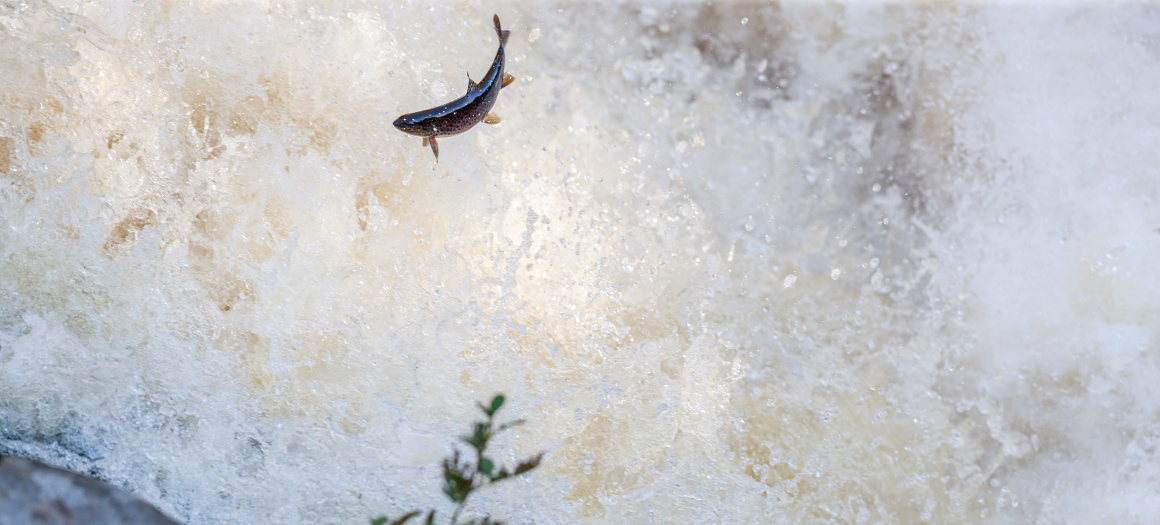
Hopes were high amongst environmental groups and wild fish interests when Cabinet Secretary for the Rural Economy Fergus Ewing, with his tunnel vision support for the expansion of salmon farming (whatever the environmental cost), was replaced following the Scottish Parliamentary elections in May 2021.
His comparatively youthful replacement, Mairi Gougeon MSP, who spent much of her early career working for the National Trust, surely could not fail to be an improvement?
Misplaced hope for the environment
14 months on and it is clear that any optimism that we had that, with the new Cabinet Secretary in the driving seat, Scottish Government’s blanket support for salmon farming would be subjected to a reality check with environmental concerns being given proper consideration, was misplaced. If anything, Mari Gougeon has shown continued support for the industry at every opportunity and a determination to kick effective regulation of the industry ever further into the long grass.
A responsibility to wild salmon
The Cabinet Secretary’s portfolio also includes responsibility for wild salmon. In the interests of balance, we hoped that her support for wild fish would be just as robust as that which she shows for salmon farming – at least in areas where the two sectors do not conflict.
On the face of it she acknowledges that the decline in wild salmon numbers is serious.
In January 2022 she announced the Scottish Wild Salmon Strategy, referring to “unequivocal evidence that populations of Atlantic salmon are at crisis point”. The strategy identifies “priority themes for action” and highlights 12 “pressures” within Scotland and its coastal waters.
One would think, given that salmon are at “crisis point”, that immediate practical measures to address the “pressures” would be introduced. But no, the timescale is vague and unambitious with “the aim of publishing a detailed implementation plan” within 12 months.
Urgent action is needed not more desktop exercises
Our suspicions regarding the lack of urgency in implementing the Strategy were reinforced in June when, with much fanfare, Mairi Gougeon announced a funding package. Whilst it was billed encouragingly under the banner “Projects aim to bring salmon population back from crisis point….”, she then elaborated that the “new funding of £500,000” will be spent, not on any meaningful projects, but on two desktop or research initiatives:
- The National Adult Sampling Plan (in other words counting fish).
- The development of a standardised fisheries management plan template for use across Scotland.
Fishery Boards and Fishery Trusts share my dismay at Scottish Government’s abject lack of urgency and ambition. They already have fishery management plans and view a standardised template as a pointless and unnecessary diversion.
Neither of these projects will produce a single additional smolt for years to come.
What wild fish need
1. Removal of barriers to migration
There are so many better ways of spending £500,000. For example, it could be used to fast-track a programme of tackling and dismantling historic or redundant barriers to migration. The Wild Salmon Strategy refers to such a programme being completed by 2027 – why not show some real ambition and employ funds to bring it forward to 2023?
I know of one barrier on an important salmon river tributary (preventing access to four miles of spawning and juvenile habitat) that was installed illegally decades ago. The barrier in question has never had the required Controlled Activities Regulations licence and regulatory incompetence has failed to hold the landowner to account.
2. An end to water catchment transfers in Scotland
Plentiful clean water is obviously a fundamental prerequisite for salmon abundance and in this context water abstraction is another major issue. Why not target funds towards ending all catchment transfers of water in Scotland? Addressing the long-running scandal of Spey Dam and the transfer of Spey catchment water to Fort William once and for all.
3. A large-scale riparian tree planting effort
The benefits of riparian tree planting, particularly in the headwaters of river systems, are now well recognised. Some local initiatives are underway, but we need a massive national programme without delay. Why not target funds towards developing and progressing such a programme with firm milestones?
I could go on.
In essence, we need allocation of any available Scottish Government funds towards meaningful, practical actions that will in due course help maximise the number of smolts heading to sea.
The time for pussyfooting around with research projects and desktop exercises (re-arranging the deckchairs on the Titanic) is over.
We either have a wild salmon crisis – or we don’t.

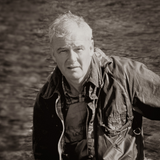
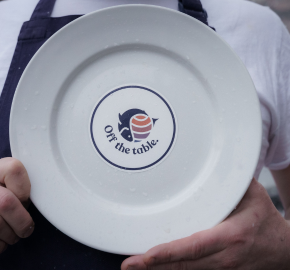
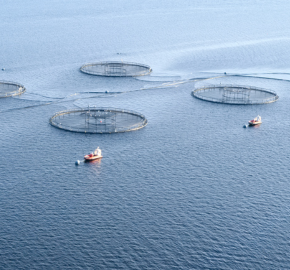
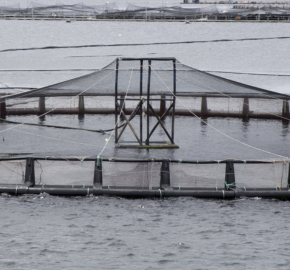
It seems that problems with the SNP government are multi layered.
Here, in Cornwall there’s precious little done for the salmonids, or their rivers. The EA appear to be totally absent in river management.
I noticed when walking a kayak up through our little home river; The Seaton an absence of parr in what is usually a densely populated stretch.
Are we coming to the time when a total angling ban has to come in? If it does, will that be matched at sea? Off the Cornish Coast I doubt it.